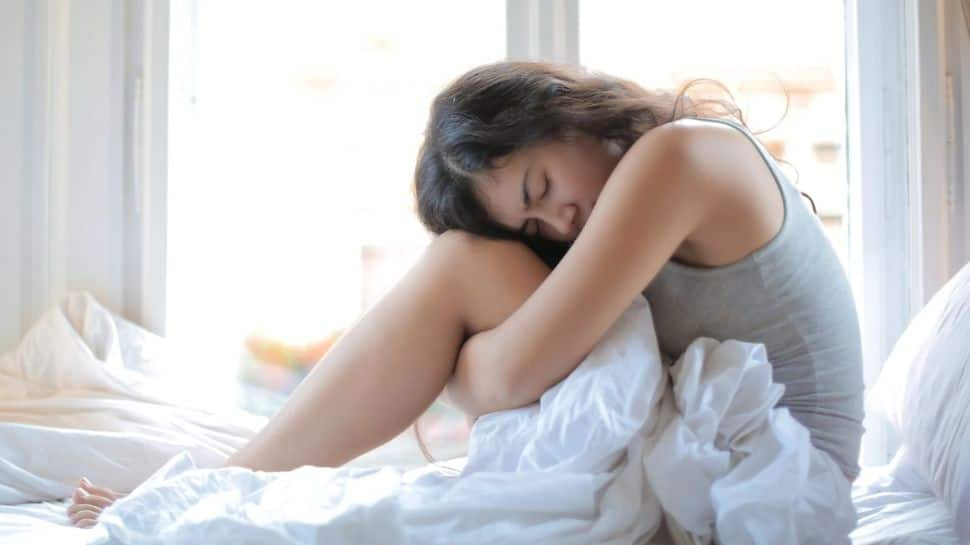[ad_1]
Energy drink consumption is associated with poor sleep quality and insomnia among college students, according to a major Norwegian study published in the open-access journal BMJ Open. And the higher the frequency of consumption, the less hours of shut-eye students clocked up per night. But even doing so occasionally—1-3 times a month—is associated with a higher risk of disturbed sleep, the results suggest. Energy drinks have an average caffeine content of 150 mg per liter, as well as varying amounts of sugar, vitamins, minerals and amino acids, the researchers note. Marketed as mental and physical pick-me-ups, they are popular with college students and young adults in general.
Although there is some evidence that they reduce sleep quality, it is not exactly clear which aspects of sleep may be more or less affected or if there are any gender-specific differences in these effects. To explore these issues further, the researchers drew on 53,266 eighteen- to 35-year-old participants in the Students’ Health and Well-being Study (SHOT22 study)—the most recent wave of a large national survey of college and university students in Norway. ..
Students were asked how often they drank energy drinks with response options of daily, weekly (once; 2–3 times; 4–6 times), monthly (1–3 times) and rarely/never. They were also asked detailed questions about their usual sleep patterns: when they went to bed and got up; how long it took them to fall asleep (sleep latency); Waking up after going to sleep. Sleep efficiency was then calculated from total nightly sleep hours versus time spent in bed.
Insomnia was defined as having difficulty falling asleep and waking up early at least 3 nights a week, and sleeping during the day and feeling tired at least 3 days a week, for at least 3 months. Survey responses indicate clear gender differences in energy drink consumption patterns. For example, women were more likely than men to report never or rarely consuming energy drinks: 50% vs. 40%.
Of those who said they drank the beverage, 5.5% of women said they drank 4-6 times a week and only 3% reported more than daily consumption. The comparable figures for men were 8% and 5%, respectively. However, there was a clear dose-response relationship between energy drink consumption and fewer hours of sleep for both sexes. Men and women who reported daily consumption slept about half an hour less than those who reported only occasional or no consumption. Similar associations were seen for waking up after falling asleep and taking longer to fall asleep. And increasing consumption was associated with a corresponding increase in both nocturnal waking time and time taken to fall asleep—poor sleep efficiency.
Insomnia was also more common among both women and men who reported daily consumption than those who reported occasional or no consumption: 51% vs. 33% (women) and 37% vs. 22% (men).
[ad_2]

